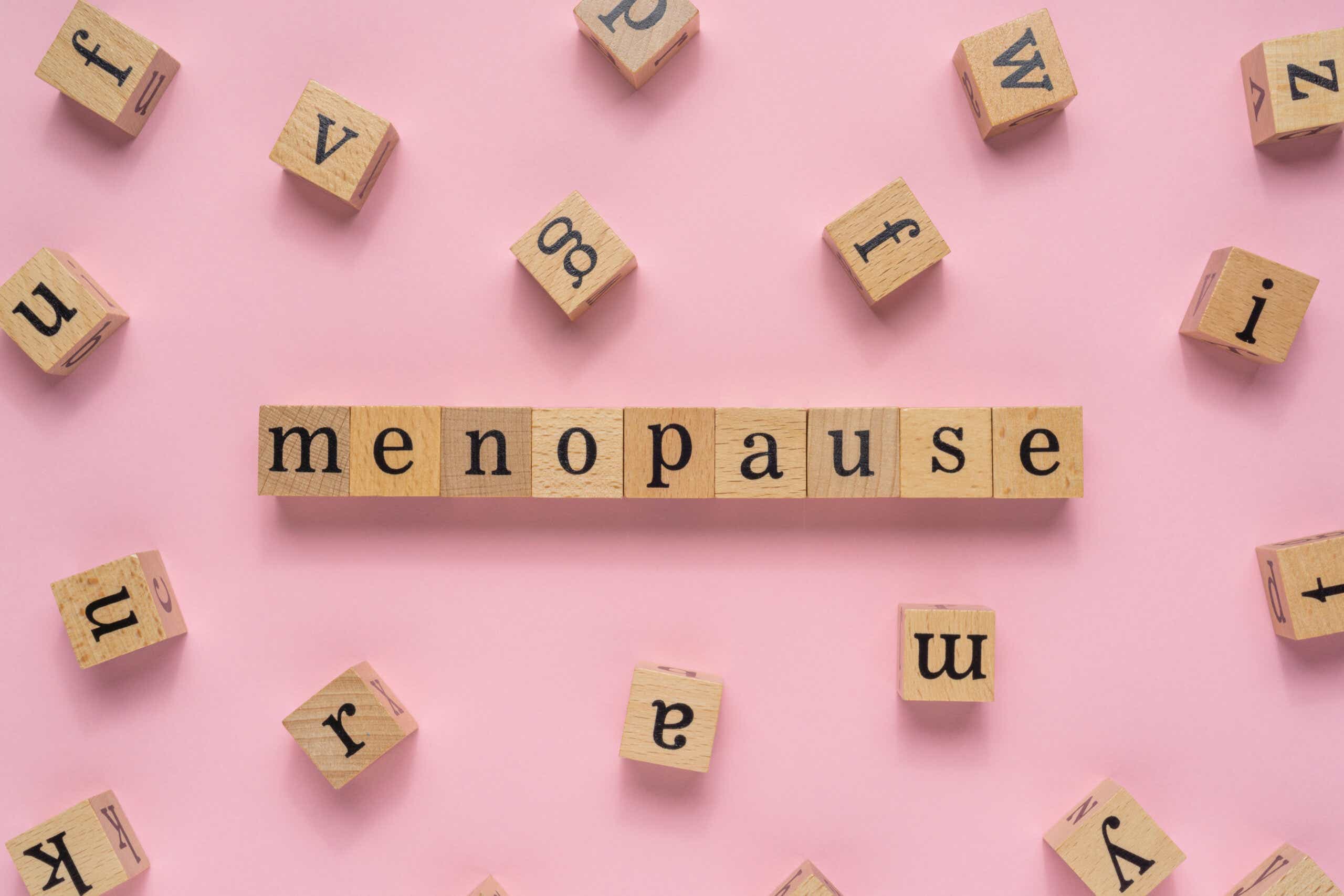Dr. Mary Claire Haver is today’s go-to resource for all things related to “the change.” She’s amassed millions of followers on social media for her smart, no-nonsense advice and innovative approach to women’s healthcare. She’s also the author of a best-selling book, The New Menopause, and is one of Katie Couric Media’s brand-new contributors.
The readers of Body and Soul, our weekly wellness newsletter, sent us plenty of burning questions about menopause, so we checked in with Dr. Haver to get her expert guidance. Here are her thoughts on HRT, supplements, “meno belly,” and much more.
I’m 45 and approaching perimenopause, if not already in the throes of it. I take birth control continuously (skipping the placebo week), so I don’t have a period. How will I know when I’ve gone through menopause? – Leslie O.
Dr. Haver: In order to have accurate results, you’ll need to stop your birth control pills for at least two weeks before getting a blood test. Then your doctor can take a look at blood work — specifically, the levels of your follicle-stimulating hormone (FSH) and luteinizing hormone (LH) — to determine whether you’ve reached full menopause. At that point, the ovaries become less responsive to FSH and LH, so the body makes more of these hormones to compensate. Estradiol and other hormones decrease around menopause as well. A healthcare provider can use blood test results to tell if a woman is in menopause.
What does research say about the connection between menopause and high LDL cholesterol? – Mona H.
Menopause is known to drive up total cholesterol, LDL, and triglycerides, which are established risk factors for heart disease. Although not yet approved by the FDA for this purpose, menopause hormone therapy (MHT) has been shown to significantly reduce cardiovascular disease and death from all causes when used by women younger than 60 who are at or near menopause (no more than ten years removed from menopause).
On the other hand, if MHT is started more than ten years after menopause, there may be an increased risk of cardiovascular disease — and that risk jumps even higher if it has been more than 20 years. MHT appears to work best as a preventative tool in many diseases, but especially cardiovascular disease. Other tools that may help with managing cholesterol are eating a healthy diet of whole foods with 25-plus grams of fiber each day, limiting added sugar and alcohol, and maintaining a regular exercise program.
I’ve already stopped having periods. Is it too late to get some hormonal help? – Laura M.
No! As we just discussed, it’s best to start hormone therapy within 10 years of the last menstrual cycle for the maximum benefits. If it’s been longer than 10 years — or you’re past the age of 60 — your clinician should be able and willing to have a conversation with you to assess your whole health history, to determine if it’s still a good option for you.
What’s the best supplement regimen for supporting health during menopause? – Lisa M.
It’s important to understand the nutrients you’re obtaining through food alone; then I’d recommend using supplements to fill the gaps. I suggest tracking what you eat for a few days or a week using a nutrition tracker (I like Cronometer) to identify what you may not be getting enough of, and then supplement where you’re falling short.
Some common areas where we often find deficiencies in menopausal women are vitamin D, fiber, and Omega-3 fatty acids. Magnesium can be really useful for aiding in sleep. I like magnesium L-threonate for its ability to cross the blood-brain barrier. Also, there are some excellent studies showing that five grams of creatine each day can be really beneficial for women to maintain muscle mass as we age (when combined with resistance training).
I’m 62 and have been on HRT for ten years. I’ve started to wean myself off, but the terrible night hot flashes and sweats are back! Can I stay on HRT forever? – Kathleen C.
You can stay on HRT as long as the benefits outweigh any risks that might develop. It is possible to continue HRT as long as you’re symptomatic. It’s important to talk to your clinician to understand your own personal risk and reward factors.
Do we really need to give up and buy bigger pants? Is there any way to combat the weight gain in my abdomen and hips? I’ve been active and exercised my whole life — that’s not effective anymore. Hormone replacement isn’t an option for me, due to other medical issues. – Theresa M.
Please don’t give up your food! It’s important to continue to nourish your body so it can stay strong to carry you into old age. Proper nutrition is so important at this time in our lives. Ample protein intake, 25 grams or more of fiber each day, limiting added sugars, and sticking to whole foods as much as possible can go a long way in combating menopausal weight gain.
That said, even when doing all the right things, that midlife weight gain can be exceptionally stubborn for some. I have a number of patients in my clinic who’ve been practicing all of the recommended lifestyle habits and still can’t lose the extra weight. I’m not opposed to looking at GLP-1 medications to help with this process.
For even more with Dr. Haver, catch her conversation with Katie below. And subscribe to Body and Soul for more advice from trusted doctors, delivered straight to your inbox every Wednesday.









